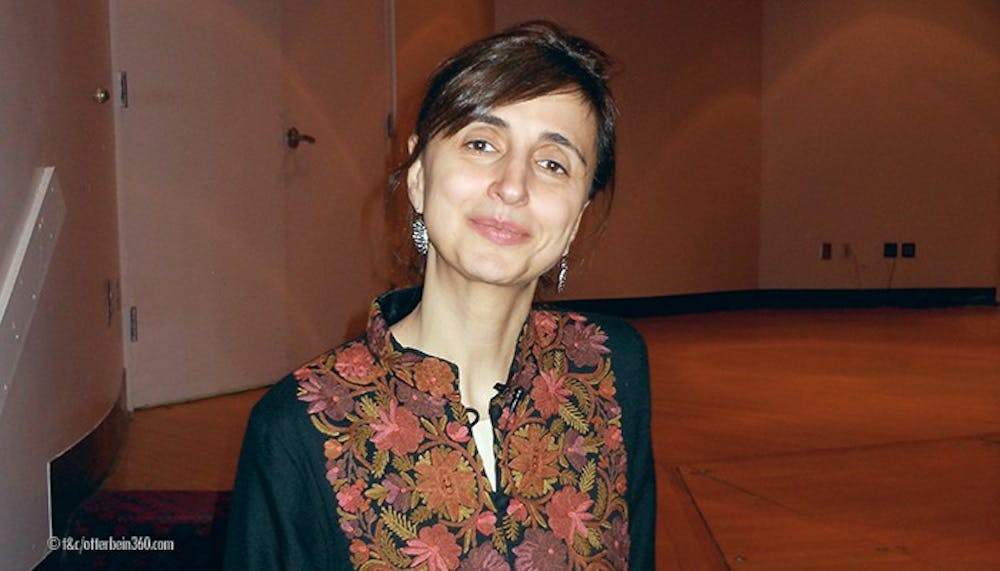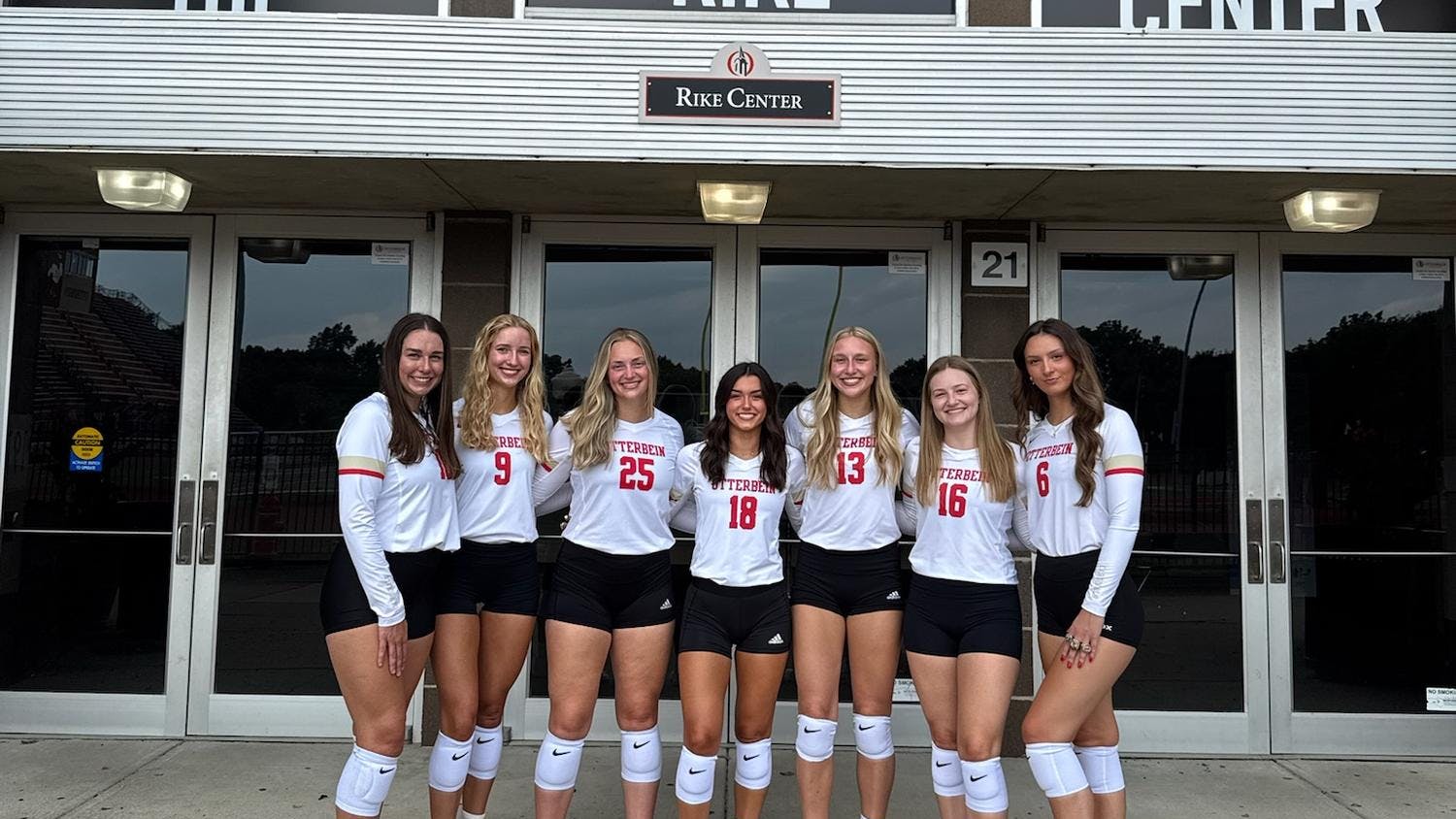World-renowned author, poet, columnist and human rights activist, Roya Hakakian sat down with T&C editor, Lindsay Paulsen to discuss her thoughts on her success and experiences as a writer.
Hakakian has been published in the New York Times, the Wall Street Journal and has also been featured on NPR’s All Things Considered. She is the author of two poetry collections written in Persian and was a founding member of the Iran Human Rights Documentation Center. Hakakian now lives in Connecticut but was born and raised in Tehran and came to the United States in May of 1985. (royahakakakian.com)
Q: How are you so successful across so many platforms?
A: I do the same thing in every, as you call it, platform. To me, it’s dressing the same person in different clothes. I’m always telling stories. I’m always intrigued by an idea and I’m always interested in telling a specific story and I sometimes use the medium of poetry and sometimes I write a column and sometimes I end up with a book. I think I’m ultimately engaged in a singular work, which is storytelling.
Q: How do you decide which medium to use to tell a story?
A: One’s sensibilities changes from decade to decade throughout one’s life. It’s sort of an evolutionary transformation for an individual. When you are younger, the urgency of speaking and telling bears more strongly on a person. When I was in my teens or early 20’s, I was a far less patient individual. I wanted to get things done faster. I was exploding with the need to say what it was that I needed to say. Poetry, being short in format, was better suited to things. As I grew older and became more capable of being patient, I got into longer narratives and went from essays and op-eds and columns and feature articles to long form books, which I would have never thought that I was capable of writing if somebody would have told when I was seventeen that I would do that some day. I think that one’s temperament changes and one’s choices therefore adjust to one’s temperament… And also the weight of the stories themselves. Sometimes you look at someone and there’s a snapshot of an image that you want to talk about and there is not too much to say more. Sometimes some stories naturally lend themselves to more research and investigation and therefore a longer format.
Q: What is it that you like about the experience of story-telling?
A:I think that’s what I do. It’s how I experience life. I organize my own thinking and my own relationship to the rest of the world. It allows me to digest and make sense of life.
Q: What sorts of experiences inspire you to write?
A: Many things. For one thing, I’ve often times turned them into pieces of writing, so it’s easy to look at my books and find where the inspiration came from. My first book is a memoir about my eyewitness account of the Iranian revolution in 1979. My second book was basically the result of an inspirational encounter with someone who had survived terrorism. I think that the pieces themselves tell or reveal where the sources of inspiration are.
Q: Do you have any advice for young professionals who are pursing a specific career?
A: One thing I think, now more than ever than in the past that should be on the minds of young journalists, is that studying journalism isn’t enough because the world has changed in such a way that there is medial intersect and there are more layers of depth into stories that we tell now by virtue of the internet and by so many other phenomenon that exist now that didn’t exist before. It’s important for journalism students or those who want to become writers to gain masteries of deeper subjects that they are interested in. Some of the best writers and journalists I have met are some that have come from fields of history, political science, fields where there was a context for understanding, seeing perspective for the world was put in place and the journalism as a result made far more sense as a result of that contextual or educational knowledge. I think those who go into journalism from the get-go short change themselves by not learning about the rest of the world first because you need to create a perspective for the rest of the context that you write about.
Q: Otterbein’s Integrative Studies program kind of provides that kind of broad educational basis for a student. Is that something you would advocate?
A: I think the more of that you do, the better off you are. Even as fiction writers or non-fiction writers or journalists or reporters, it is our job first and foremost to make sense of information. Storytelling is really a way of shedding light on an aspect of an event and that can happen if one can make sense or analyze or take apart those events.
Q: For someone who is multi-lingual, how do you go about deciding what language you are going to tell your story in?
A: You somewhat make a commitment to an audience group and a culture and then decide your ongoing intellectual dialogue wants to be with one versus another and then make a decision about your language.
Q: On the topic linguistics… do you have a favorite word?
A: Not really. There are a lot of words that I love. From week to week, depending on what I’m reading, they change.
Q: What do you do in your spare time?
A: Well, I hardly have any. I have twin boys who are seven years old and I find motherhood very consuming, very engaging so I try to spend as much spare time as I have with my children. But I also travel a great deal, I catch up with the movies that I haven’t seen and I read as much as I can.








